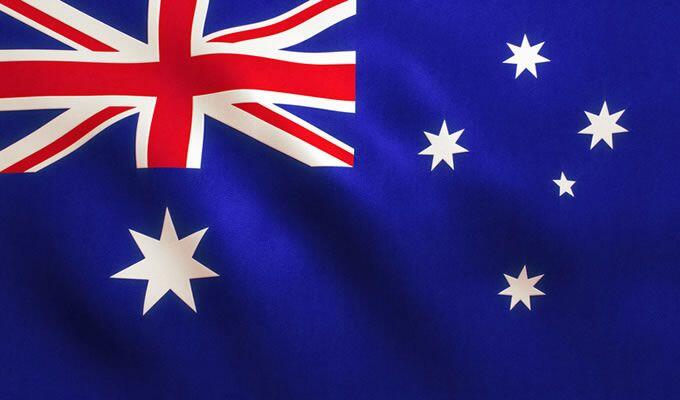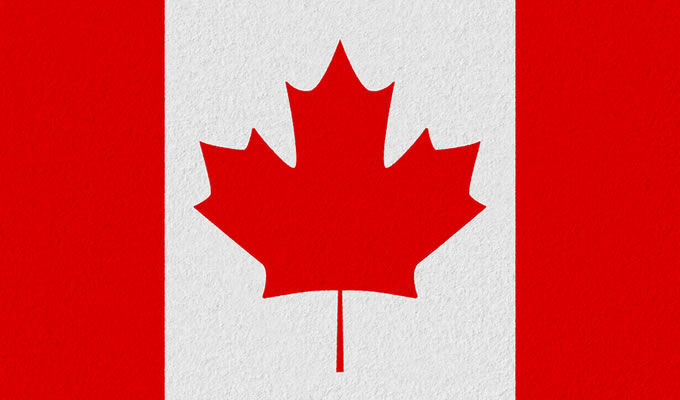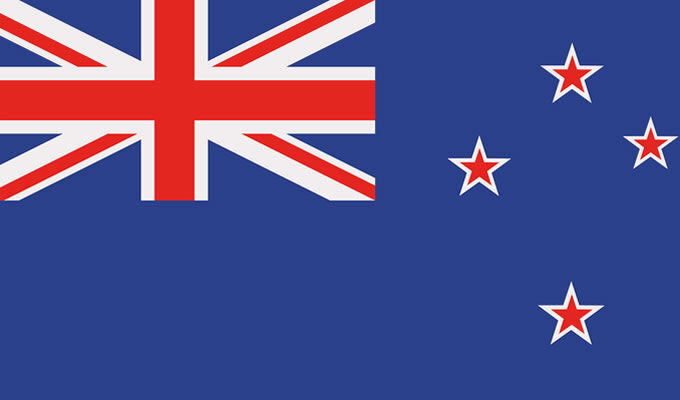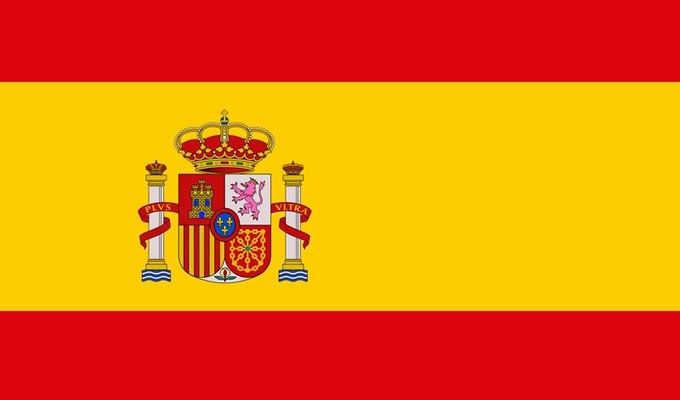International VAT and GST for E-Commerce
Sell across borders without falling behind on tax. We help online sellers stay compliant in the EU, US, Canada, Australia, and beyond.
As your e-commerce business grows and you penetrate new markets, it’s likely that you will need to register for international GST/VAT in foreign countries as your sales exceed the distance selling thresholds (where there is a threshold, some territories have none).
What Our International VAT & GST Service Covers
We help e-commerce businesses selling internationally manage their tax obligations in multiple countries. Our service includes:
- VAT/GST registration in EU and non-EU countries
- Filing regular VAT/GST returns
- Advising on thresholds, tax nexus, and local rules
- Working with marketplace rules (e.g. Amazon, eBay, Walmart)
- Ongoing support for country-specific compliance
- Appointing fiscal representatives or tax agents where required
We’ll map your sales channels and fulfilment strategy to the right tax treatment in each country.
EU VAT Schemes and Registration Options
There are numerous options for dealing with VAT in the EU, dependent upon where you fulfil from and the value of your consignments and the nature of what you sell. We’ll take a look at each of these in turn.
The One Stop Shop (“OSS”)
Like the iOSS the OSS allows you to register for VAT in one EU country and submit and pay to that one jurisdiction. There are two schemes: the Union and Non-Union. The Union scheme can be used when fulfilling from within the EU. You will still need a VAT registration in the country where you store inventory. The non-Union scheme can be used if supplying digitally supplied services to consumers in the EU.
Individual Country Registrations
There are circumstances where you may still need a VAT number registration in an EU country even if you are using iOSS or OSS. You will need registration in any country where you are storing inventory. For example, if you are using Amazon FBA services in the EU, you will most likely need multiple EU VAT registrations.
United States: Sales Tax Registration & Compliance
Sales tax in the US is administered at the state and local level. You can register in many states at once via the Streamlined Sales Tax Registration System (SSTRS) for those states that are members of the scheme, and register directly with non-member states.
The USA uses the concept of tax “nexus”. If you have nexus in a State, you are required to register. Like the EU, if you store inventory in a State, then you have nexus in that State. Each State also has its own economic thresholds, typically $100,000 or 200 sales.
Rates of GST vary from State to State from 2.9% to 7% but there can also be local county taxes ranging from 1% to 8.3%. Unlike the EU you cannot reclaim any GST on your costs.
There are also marketplace rules which require marketplaces like Amazon and Walmart to account for GST on your behalf. Marketplace collection generally applies only to marketplace orders; you’re still responsible for sales tax on DTC and other channels.
Australia: GST Registration for Online Sellers
There are two forms of registration in Australia – a simplified registration and a Standard Registration. The simplified registration can be used provided you are selling low-value goods (under A$1,000) and don’t have any GST to reclaim. You simply report the value of your sales and pay 10% GST. The registration threshold in Australia is $75,000.
There are also marketplace rules which make the marketplace responsible for collecting and remitting GST and these sales do not count toward your $75,000 registration threshold.
New Zealand: GST Rules for E-Commerce
The rate of GST in New Zealand is 15% and the registration threshold is NZ$60,000. Marketplaces are also responsible for collecting GST on your behalf.
H2: Canada: GST, HST, and PST Compliance
Like the States, Canada has a system of Provincial jurisdiction, but with four different sorts of sales tax – GST and Harmonised Sales Tax (“HST”). Quebec has its own QST and provinces such as British Columbia, Manitoba and Saskatchewan levy Provincial Sales Tax (“PST”). HST is a blended federal/provincial sales tax that includes a 5% federal component and a provincial component of 8 or 10 percent.
The registration threshold is CAD 30,000 per quarter.
Japan: Consumption Tax Registration for Non-Resident Businesses
In Japan, it’s Consumption Tax, is levied at 10%. The registration threshold is YEN 10m, based on the base year of two years prior to the tax year. Non-resident businesses will require a Japanese resident tax agent (a service we can provide).
Why E-Commerce Sellers Choose Elver for International VAT
- Experience registering and filing in multiple countries including EU, US, Canada, and Australia
- Platform-aware support for Amazon, eBay, and global Shopify setups
- Trusted network of international tax agents and partners
- We track marketplace rules (e.g. Amazon FBA) so you don’t miss new obligations
- Practical, real-world advice—not just generic information or software prompts
- Dedicated support for both VAT and GST compliance
Steve and his team have been nothing but professional, helpful, and on point when it came to us starting off our new business venture. We have 2 companies, with sales taking place over in the US, and then running things from the UK where we pay ourselves. Steve has worked his magic to make things balance and connect correctly with our Taxes, so they are safely managed here in the UK.
Not being accountants, I feel confident Elver are doing the right things for us, and in our company’s best interests. I cant recommend them highly enough, as Steve explain’s things clearly to us we feel happy to let them work for us and help us grow.
Steve and the team at Elver Consultancy are efficient, honest and very reliable. They will advise you correctly and also work to tight deadlines. By far superior to most accounting firms.
How Our International VAT Accountancy Service Works
We make it simple to stay compliant when selling globally. Here’s what to expect:
- We review your sales and fulfilment model
We’ll map your sales channels, platforms, and warehouse/storage locations to identify where registrations are needed. - We handle registrations and local setup
We prepare and submit registration forms and documentation for the countries where you’re required to register. This includes appointing fiscal reps or tax agents if required. - We manage ongoing returns and filings
Once registered, we handle regular filings and keep you updated on any local changes in VAT/GST law. - We coordinate with marketplaces where needed
If Amazon, eBay, or another marketplace handles the tax for you, we factor that into your compliance setup and filings. - You get a clear summary each month
We provide transparent, reconciled reporting, so you always know your VAT/GST position in each country.














You may be interested in reading: Registration for Making Tax Digital
FAQs About International VAT and GST for Ecommerce
Do I need to register for VAT/GST in every country I sell to?
Not always. It depends on where your goods are stored, local thresholds, and marketplace rules. We’ll review your setup and let you know where registration is required.
Do marketplaces like Amazon handle VAT/GST for me?
Can I use one VAT return for the whole EU?
If eligible, yes. The iOSS and OSS schemes allow you to report sales to all EU countries from one registration. We’ll confirm your eligibility and register on your behalf.
We drop-ship from outside the customer’s country. Who accounts for import VAT?
It depends on incoterms and value. With DDP, you’re usually on the hook; with DAP, the customer may be. We confirm and set up the right process.
How are refunds, returns, and cancellations handled for VAT/GST?
They’re usually adjusted in the period you process the refund/credit. We ensure your marketplace and accounting data reflect the correction.
How do currency conversions work on returns and filings?
Most countries require official exchange rates on the tax point date or period average. We automate conversion and keep an audit trail.
Can you take over filings if we’re already registered abroad?
Yes. We review prior filings, align data feeds, and assume ongoing compliance with clear deadlines.In certain circumstances, a fresh registration may be required.
Can we pause or deregister if we stop selling into a country?
You cannot pause a VAT or GST registration and if no sales are made a NIL return should be submitted. If you stop selling in a country altogether we can manage final returns and deregistration once obligations are cleared.
What documents do you need from us to start?
Company details, director IDs, proof of address, incorporation docs, bank details, marketplace IDs, and evidence of stock locations and sales by country.
Get in Touch
